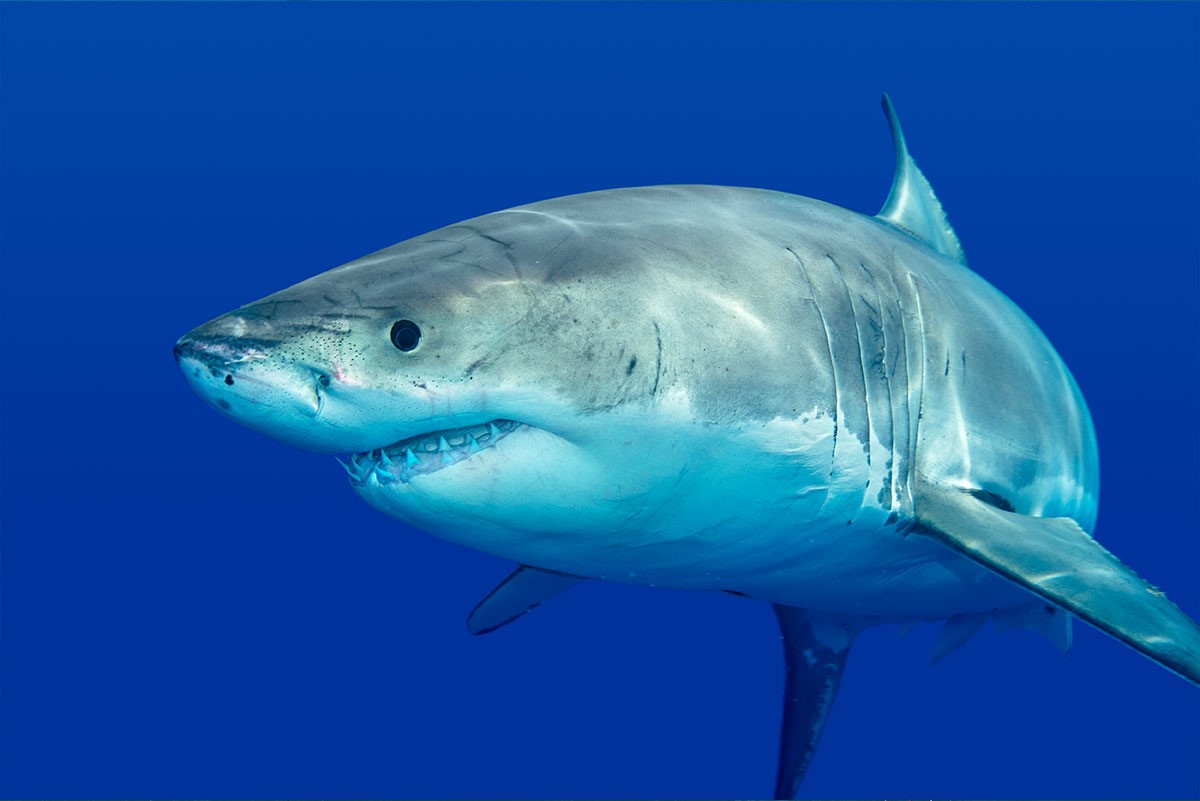
Ever wondered about the mysterious creatures lurking beneath the ocean's surface? Sharks, with their sleek bodies and sharp teeth, often get a bad rap. But there's so much more to these fascinating creatures than meets the eye. Did you know that some sharks can glow in the dark, or that they have been around longer than trees? Surprised? Well, strap in because we're about to dive deep into the world of sharks and uncover five facts that might just change the way you see these ocean dwellers. From their incredible adaptations to their surprising behaviors, prepare to have your mind blown by these astonishing facts about sharks. Ready to get your feet wet? Let's jump right in!
Key Takeaways:
- Sharks have been swimming in our oceans for over 400 million years, surviving five mass extinctions. Their adaptability and evolutionary success make them true survivors of the planet.
- Not all sharks are large and fearsome. The smallest shark species, the Dwarf Lanternshark, measures a mere 8 inches in length, proving that these creatures come in all sizes.
Sharks Have Been Around for Millions of Years
Sharks are among Earth's oldest inhabitants. Fossil evidence suggests these marine predators have been swimming in our oceans for over 400 million years. That's long before dinosaurs roamed the earth. This fact alone showcases their incredible adaptability and evolutionary success.
- Sharks have survived five mass extinction events, making them true survivors of the planet.
Not All Sharks Are Large and Fearsome
When people think of sharks, images of the great white or hammerhead often come to mind. However, not all sharks fit this fearsome image.
- The smallest shark species is the Dwarf Lanternshark, which measures a mere 8 inches (20 cm) in length.
This tiny shark contrasts sharply with the stereotype of large, menacing sharks, proving that these creatures come in all sizes.
Sharks Have a Sixth Sense
Sharks are well-known for their powerful senses, which help them navigate and hunt in the ocean's depths. Beyond the five senses humans rely on, sharks have an additional one.
- This sixth sense is called electroreception, allowing sharks to detect the electrical fields created by other animals.
This ability helps them locate prey, even those buried in sand or hidden in murky waters.
Sharks Play a Crucial Role in Marine Ecosystems
Sharks are often portrayed as mindless predators, but their role in the ocean is much more complex and beneficial.
- As apex predators, sharks help maintain the balance of marine ecosystems by controlling the population of species below them in the food chain.
Without sharks, certain species would overpopulate, leading to unhealthy imbalances that can harm coral reefs and other marine habitats.
Sharks Are in Danger
Despite their fearsome reputation and incredible survival history, sharks face significant threats from human activities.
- Overfishing and habitat destruction are the biggest dangers to shark populations worldwide.
Many species are now endangered, with some estimates suggesting that up to 100 million sharks are killed each year. This loss not only threatens sharks but also the health of entire ocean ecosystems.
A Final Splash of Shark Trivia
Sharks have always fascinated us, haven't they? From their ancient lineage to their role in the ocean's ecosystem, these creatures are full of surprises. Today, we've dived deep into some lesser-known facts about sharks, revealing their unique abilities and the critical challenges they face. Remember, sharks aren't just predators; they're vital for healthy oceans. So, next time you hear a shark fact, think about the incredible journey these creatures have been on for millions of years. Let's keep our minds open and continue to learn about these magnificent animals. After all, understanding leads to appreciation, and appreciation is the first step toward conservation. Keep exploring, keep questioning, and who knows what other fascinating facts we'll uncover about the ocean's most misunderstood inhabitants?
Frequently Asked Questions
Was this page helpful?
Our commitment to delivering trustworthy and engaging content is at the heart of what we do. Each fact on our site is contributed by real users like you, bringing a wealth of diverse insights and information. To ensure the highest standards of accuracy and reliability, our dedicated editors meticulously review each submission. This process guarantees that the facts we share are not only fascinating but also credible. Trust in our commitment to quality and authenticity as you explore and learn with us.


